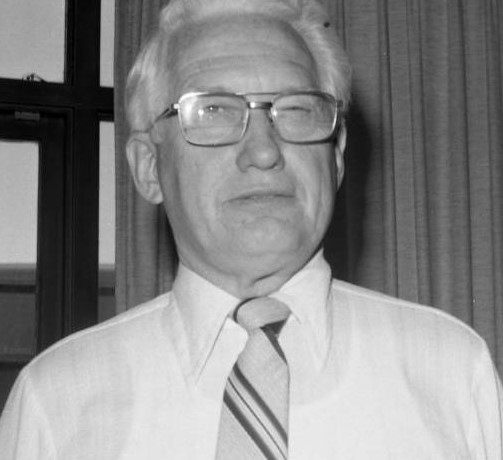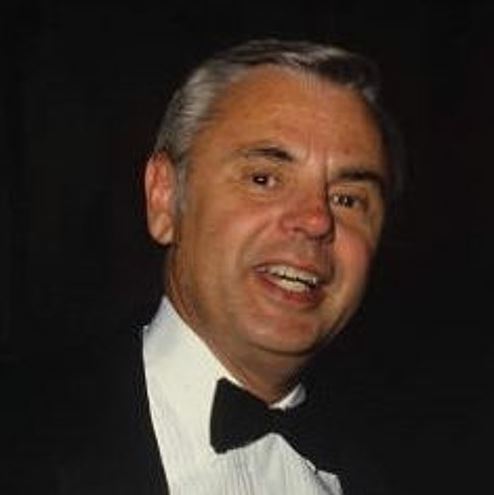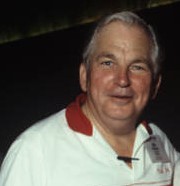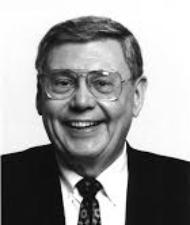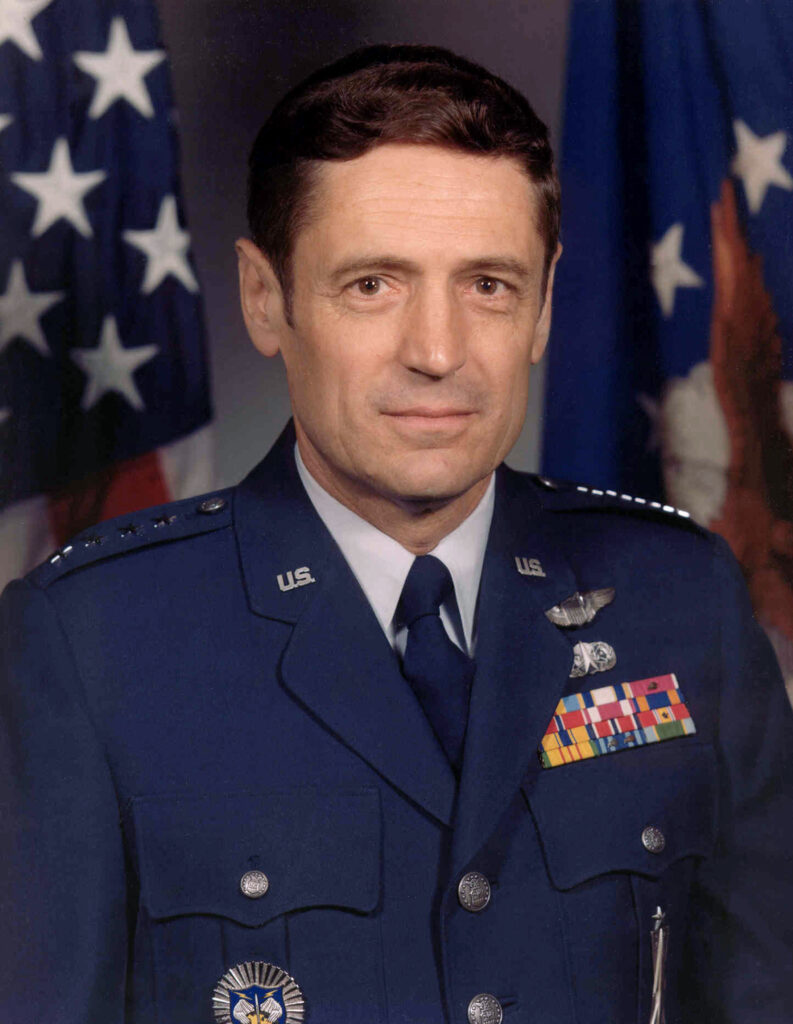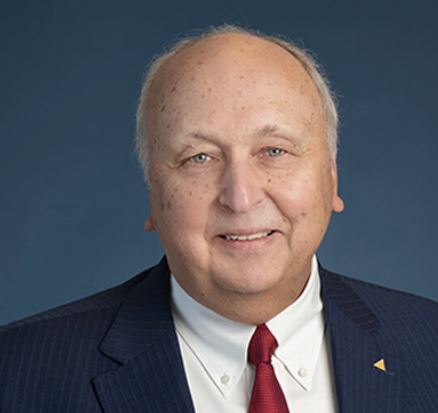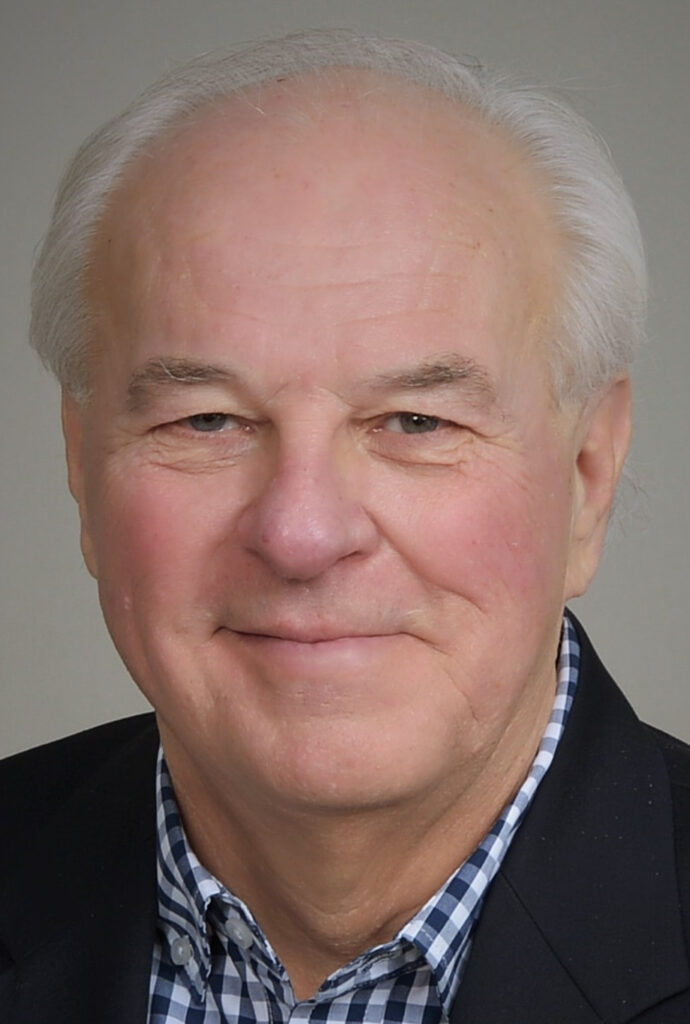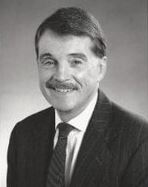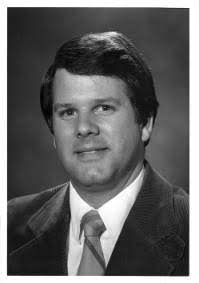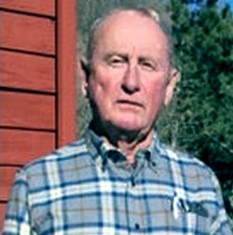
Junior Achievement Archives


In 1999, the Pioneers Archival Committee was formed and $350,000 was raised to establish the JA Archives and Museum. This fund drive was significantly helped by a $100,000 gift from Jim and Pat Hemak and a $50,000 Lilly Endowment grant coordinated by Pam Hicks (spouse of the late Dave Hicks).
In 2002, Junior Achievement USA established the JA Archives at the Indiana University/Purdue University Library in the Ruth Lilly Special Collections and Archives on the IUPUI campus in Indianapolis, Indiana. The Archives hold important documents, photographs, and program materials that tell the story of Junior Achievement’s growth and innovation. It is a library of important historical documents that have been professionally indexed and are kept in a climate-controlled environment.
Most materials are not digitized so they cannot be accessed online. When someone wants a copy of a document, they contact the archivist with the name of the document and the box indicated in the finding tool.
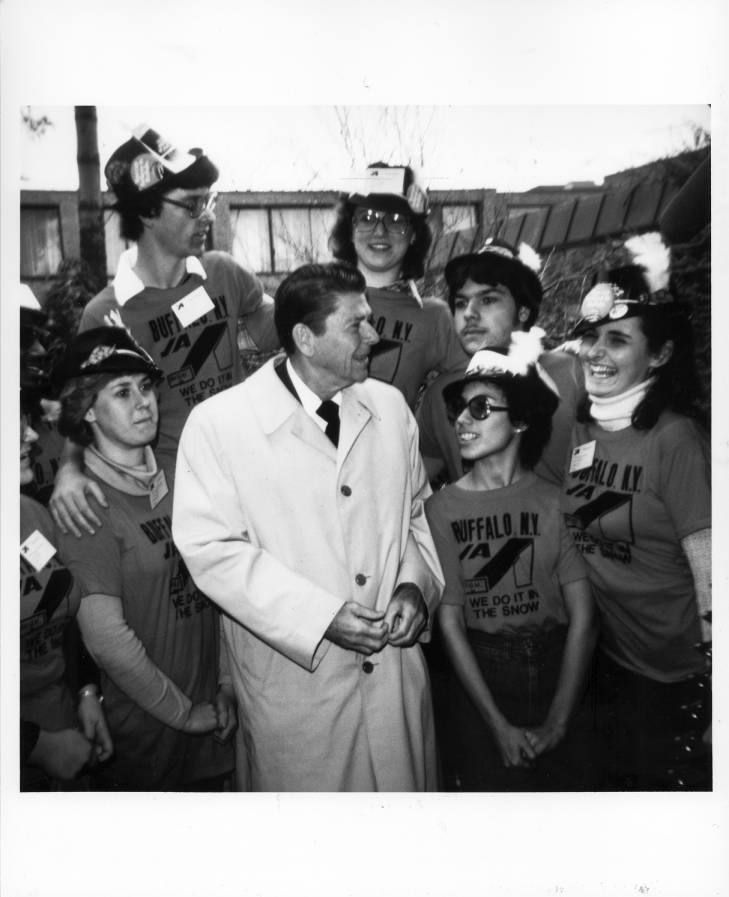
What’s Cool in the Archives?
- Applied Economics in lots of languages!
- Cold War and Post-Cold War Era photos and materials
- Scrapbooks
- Early JA artifacts
- Lots of pictures of US Presidents!
- Oral History recordings and transcripts
Anyone can use the Archives: academic researchers, any Junior Achievement employee (past and present), program participants, and curious members of the public.
If you want to look at what is in the archives, check out this “finding tool“. You can get directly to the photos.
JA Timeline
Where it all began ….
In 1919, Junior Achievement was founded to help young people gain the skills needed to be successful
adults. JA continues that mission today.
Early on, JA operated primarily in the Northeastern United States. The 1930’s were challenging and like
many organizations, JA struggled through the Great Depression. As they do today, businesses continued
to support the JA effort.
JA student companies supported the war efforts in the 40’s and in the 1950’s JA began its
unprecedented growth. JA expanded nationally and opened the first international office in Canada. JA-
affiliated Young Enterprise was established in the United Kingdom in the 1960’s and soon JA-associated
organizations started in other parts of the world.
The 1970’s saw JA expand its reach into the classroom with the introduction of Project Business and
Business Basics. By the 1980’s, JA was again at the forefront by bringing computers into the classroom as
part of the Applied Economics Program.
In the 1990’s, JA began to offer programs for all K through 12 students and began offering programs in
the former Soviet Union.
In the 2000’s, JA expanded its experiential learning with its Capstone experiences like JA Finance Park
and JA BizTown. JA is using technology to deliver blended-learning programs and other innovative
experiences to more than 5 million students in the United States.
As JA grew, the logo evolved. The original logo at our founding was on the heels of World War I and
most likely reflected the symbolism of leadership. Sometime during or after World War II, the JA emblem
changed.
The torch denoted knowledge, the wings represented opportunity, the shield is our country, and the
circle was for unity. JA professionals have always had a great sense of humor and fondly called this the
“ruptured duck” logo.
The evolution to the red and black logos symbolized financial terms – being in the “red”. By the late
1960’s and early 1970’s, the logo was contemporized to use the “JA” acronym most people were familiar
with.
The green and gold triangle with 3 steps was put in place in the 1980’s. The triangles reflected strength
and building blocks with green and gold replacing the red and black to represent wealth and prosperity.
Our current logo incorporates many elements of the past logos and again contemporizes JA.
We have a storied history and a bright future ahead.
JA Presidents
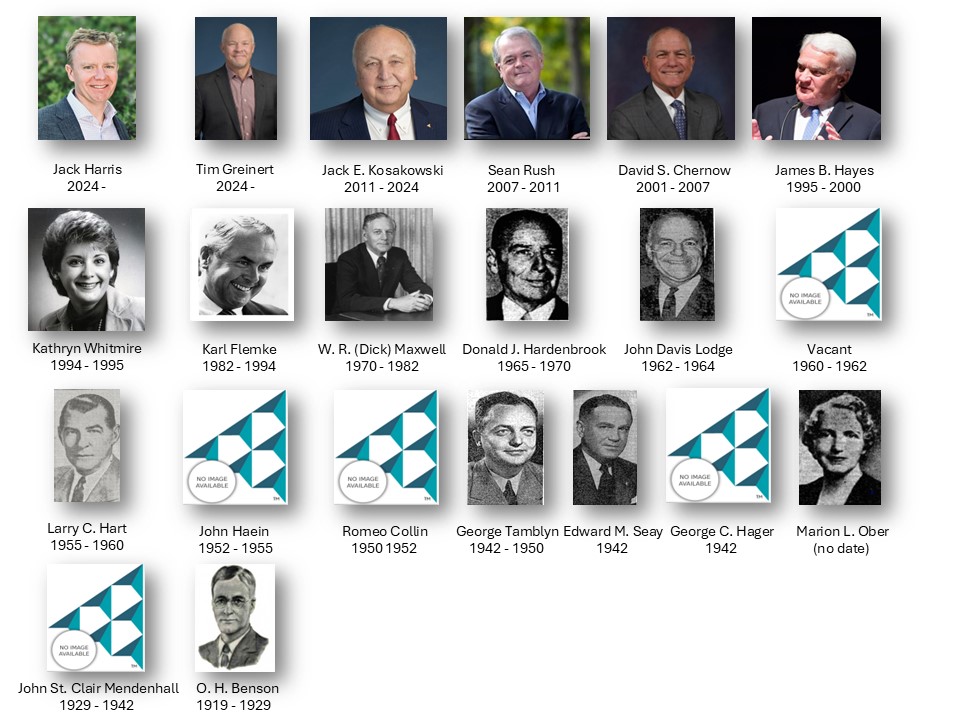
Oral History
As of February 2025, the following interview transcripts and recordings are available on the Oral Histories Page:
All transcripts will eventually be added to the archives.

